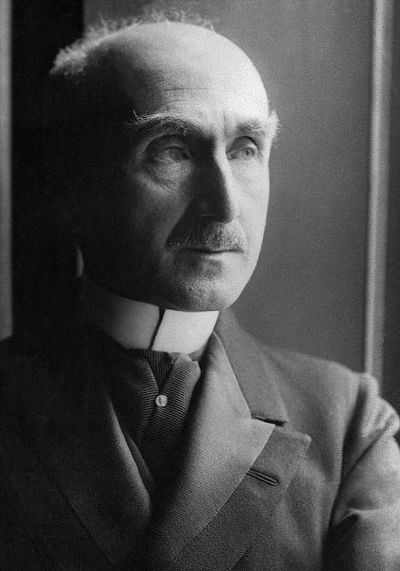Why was Henri Bergson Awarded the Nobel Prize for Literature in 1927?
Unraveling the Nobel Recognition: Henri Bergson's Literary Triumph
In 1927, the Nobel Prize for Literature was awarded to the eminent French philosopher Henri Bergson, recognizing his exceptional contributions to the field of philosophy and literature. Bergson’s intellectual legacy, characterized by his innovative ideas and keen insights, earned him this prestigious honor.
1. Pioneering Philosophy:
At the heart of Bergson’s acclaim lies his groundbreaking philosophical work. He is best known for his development of vitalism and intuitionism, which challenged traditional views of reality and perception. His first major work, “Time and Free Will: An Essay on the Immediate Data of Consciousness” (1889), explored the concept of time and its interplay with human consciousness. Bergson argued that time is not a static, measurable entity but rather a dynamic, lived experience that defies rational analysis. This philosophical shift laid the foundation for his later works and cemented his reputation as a leading philosopher of his time.
2. Elaboration of Élan Vital:
In his seminal work “Creative Evolution” (1907), Bergson introduced the concept of “élan vital,” or the vital impulse, as a creative force underlying the evolution of life. He postulated that this vital impulse drives the continuous transformation and complexity of living organisms, a notion that significantly influenced biological and philosophical debates in the early 20th century. Bergson’s unique synthesis of science and metaphysics bridged the gap between the empirical and the transcendent, garnering admiration from scholars across various disciplines.
3. Holistic Understanding of Life:
Bergson’s philosophical insights extended beyond the confines of academic circles. His works appealed to a wide audience due to their accessibility and relevance to everyday life. He emphasized the importance of intuition and direct experience, encouraging individuals to explore their inner selves and embrace the profound complexities of existence. This holistic understanding of life resonated deeply with readers, and his ideas continue to inspire philosophical inquiry and introspection.
4. Impact on Literature:
Henri Bergson’s influence on literature was also a significant factor that contributed to his Nobel Prize. His philosophical concepts inspired numerous writers, poets, and artists to explore new forms of expression. The idea of an intuitive, non-linear perception of time found echoes in the literary works of Virginia Woolf, Marcel Proust, and James Joyce, among others. Bergson’s ideas offered a rich philosophical framework to delve into the complexities of human consciousness, fostering a new wave of literary experimentation.
5. Global Reception:
Bergson’s ideas transcended national boundaries, making him an internationally renowned philosopher. His works were widely translated into multiple languages, allowing people from diverse cultures to engage with his profound insights. His global impact on intellectual discourse and the broad reach of his ideas likely played a crucial role in the Nobel Committee’s decision to honor him.
In conclusion, Henri Bergson’s Nobel Prize for Literature in 1927 was a testament to his unparalleled contributions to philosophy and literature. His pioneering ideas on time, consciousness, and the vital impulse reshaped philosophical thought and sparked literary innovation. Bergson’s legacy endures through the enduring relevance of his work, inspiring generations of thinkers, writers, and artists to explore the deeper intricacies of human existence. His recognition with the Nobel Prize remains a fitting tribute to a man whose profound ideas continue to enrich humanity’s intellectual journey.





